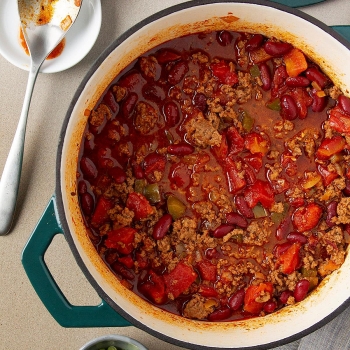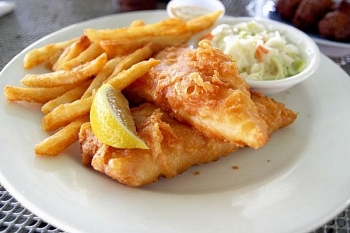Top 5 Must-Have Dishes in a Traditional American New Year’s Feast
A traditional American New Year’s feast is filled with dishes that not only delight the palate but are also steeped in symbolism and tradition. These dishes are believed to bring luck, health, and prosperity for the coming year. From hearty main courses to flavorful side dishes, the following are the top five must-have dishes on an American New Year’s table.
1. Black-Eyed Peas
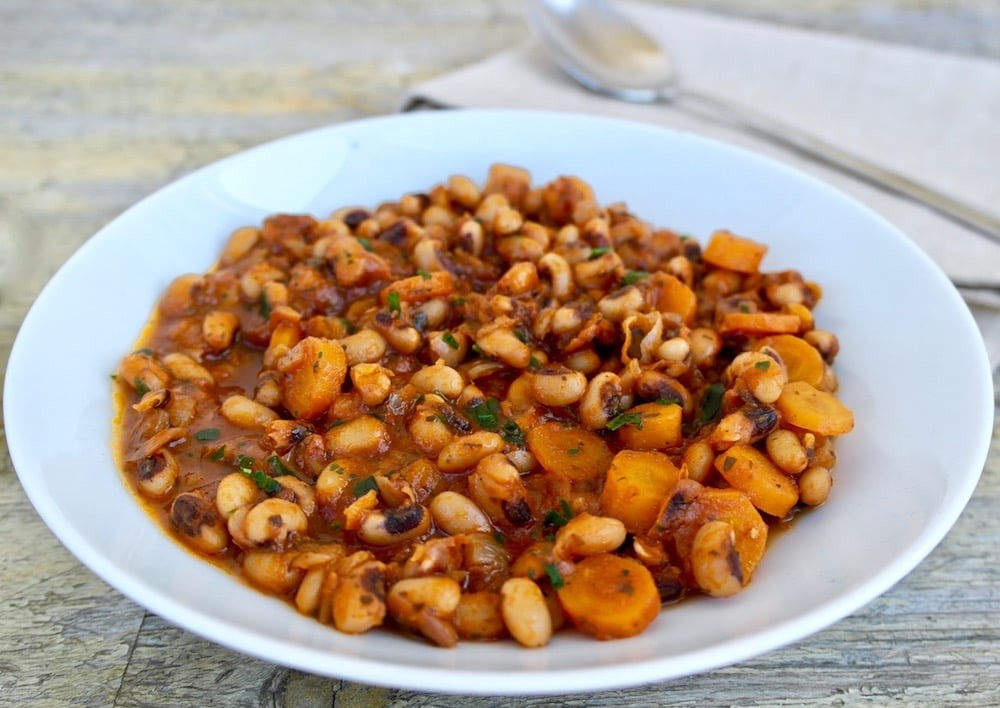 |
Significance
Black-eyed peas are a staple in Southern New Year’s celebrations and are believed to bring good luck and prosperity. This tradition is thought to have originated with African American slaves and has since become a widespread custom in the United States.
How It’s Served
Black-eyed peas are often cooked with ham hocks or bacon for added flavor and served alongside collard greens. The dish is sometimes incorporated into Hoppin’ John, a one-pot meal combining black-eyed peas, rice, and spices.
Health Benefits
Not only are black-eyed peas a symbol of luck, but they’re also highly nutritious, providing a good source of protein, fiber, and vitamins.
2. Collard Greens
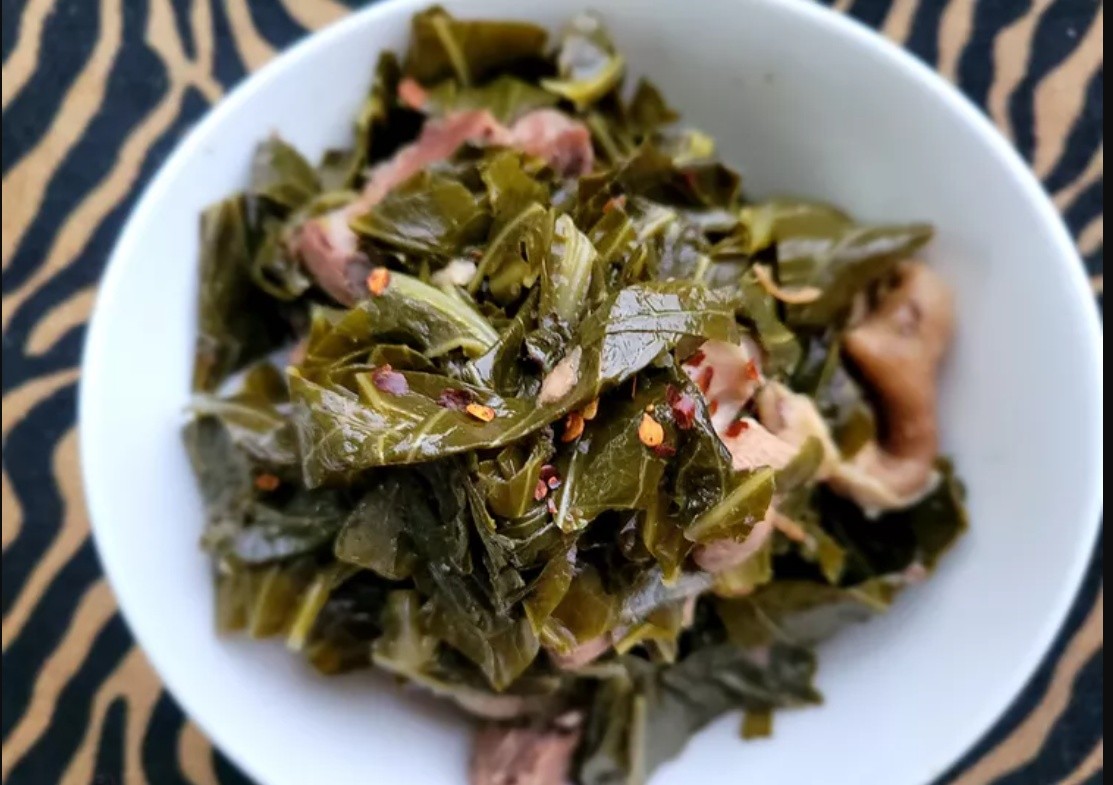 |
Significance
Collard greens represent wealth and money due to their green color, which resembles dollar bills. Eating greens on New Year’s Day is a popular tradition in many American households.
How It’s Served
Collard greens are usually simmered slowly with smoked meats such as ham hocks or turkey legs. The result is a tender, flavorful side dish that pairs perfectly with black-eyed peas.
Variations
While collard greens are the most common choice, other greens like kale, mustard greens, or turnip greens can also be used.
Nutritional Value
Rich in vitamins A, C, and K, as well as calcium and iron, collard greens are a healthy addition to any New Year’s meal.
3. Cornbread
 |
Significance
Cornbread is thought to symbolize gold, making it another staple for those wishing for financial prosperity in the New Year. Its warm, comforting flavor also makes it a favorite among many families.
How It’s Served
Cornbread can be served plain or enhanced with ingredients like cheese, jalapeños, or even honey for a touch of sweetness. It is often used to soak up the juices from collard greens or black-eyed peas.
Southern Influence
Cornbread has its roots in Southern cuisine and remains a cherished dish, especially during holiday celebrations.
4. Pork
Significance
Pork is a symbol of progress and prosperity. The idea is that pigs root forward when they eat, which signifies moving ahead in life. Pork dishes are considered essential in many American households during New Year’s celebrations.
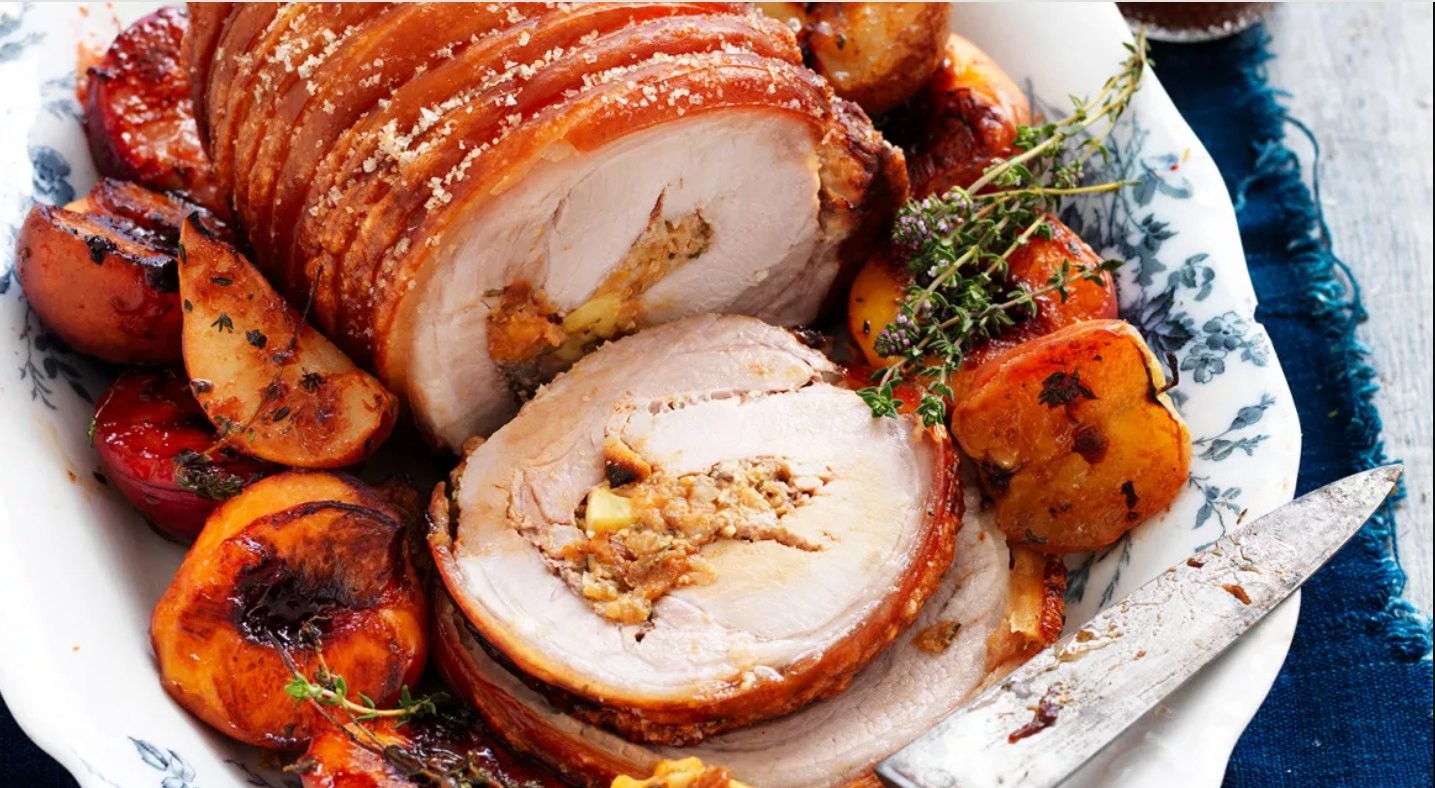 |
How It’s Served
Popular preparations include:
- Ham: Glazed or baked, ham is a common centerpiece for the New Year’s table.
- Roast Pork: A juicy pork roast is another favorite, often seasoned with herbs and spices.
- Pork Sausages: These are sometimes incorporated into stews or served alongside other dishes.
Why Pork?
Pork’s rich flavor and versatility make it a crowd-pleaser. It’s also symbolic of hard work and abundance.
5. Cabbage
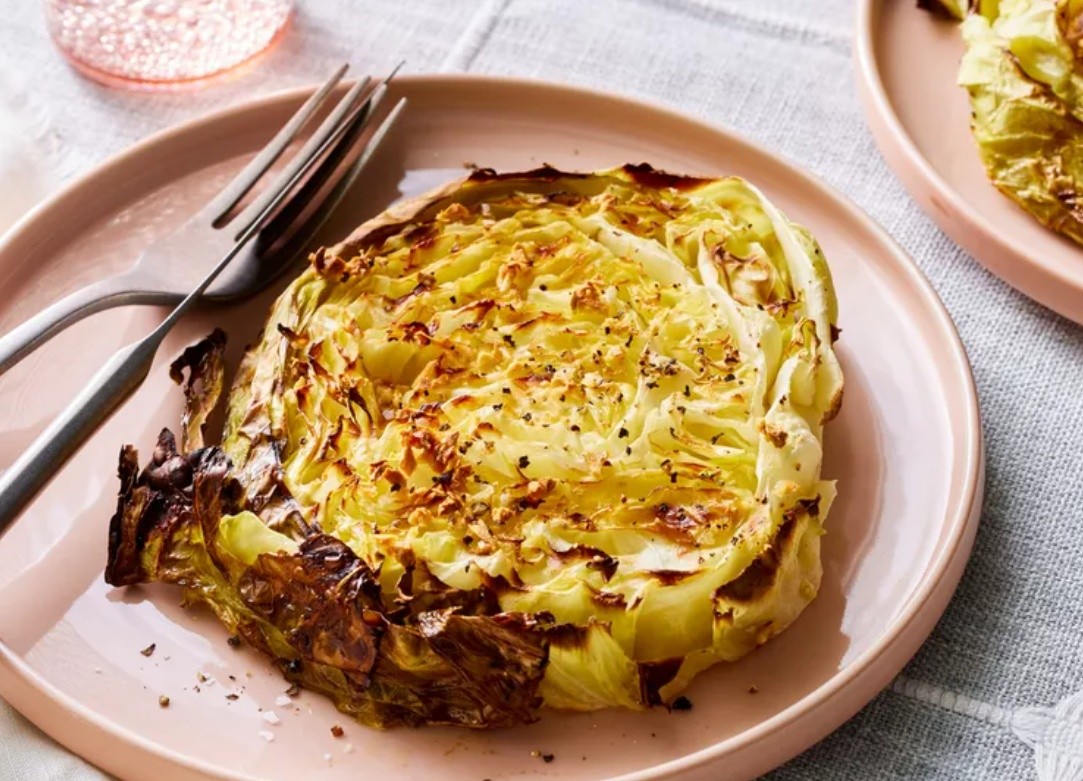 |
Significance
Like collard greens, cabbage is associated with wealth and good fortune. Its green leaves resemble folded money, making it a symbolic dish for the New Year.
How It’s Served
Cabbage can be prepared in a variety of ways, such as:
- Coleslaw: A refreshing and crunchy side dish.
- Braised Cabbage: Often cooked with apples, onions, and bacon for a flavorful addition to the table.
- Stuffed Cabbage Rolls: Filled with ground meat and rice, these rolls are a hearty and satisfying dish.
Cultural Variations
In some traditions, sauerkraut (fermented cabbage) is a popular New Year’s dish, especially among families with German heritage.
Other Honorable Mentions
While the five dishes above are the most common, several other foods make appearances at New Year’s celebrations in America:
- Fish: Symbolizing abundance and good luck.
- Grapes: Inspired by Spanish traditions, eating 12 grapes at midnight is believed to bring good fortune.
- Desserts: Cakes and pies, especially those containing hidden coins or charms, are thought to bring good luck.
FAQs
1. Why do Americans eat black-eyed peas on New Year’s Day?
Black-eyed peas are believed to bring good luck and prosperity. This tradition has roots in African American culture and Southern cuisine.
2. What is the symbolism of eating greens like collard greens on New Year’s?
Collard greens are thought to resemble folded money, symbolizing financial success in the coming year.
3. Can I substitute collard greens with other vegetables?
Yes, you can use kale, mustard greens, or turnip greens as substitutes.
4. Why is pork considered lucky for New Year’s?
Pigs root forward when they eat, symbolizing progress and moving ahead in life. This is why pork is associated with prosperity.
5. Is cornbread a universal New Year’s dish in America?
While it is most popular in the South, cornbread is enjoyed across the country during New Year’s celebrations due to its symbolism of gold and wealth.
6. Are there regional variations in New Year’s meals in America?
Yes, regional traditions vary. For instance, sauerkraut is more common in areas with German heritage, while seafood might be featured in coastal regions.
7. What desserts are served during New Year’s in the U.S.?
Popular desserts include cakes, pies, and pastries. In some traditions, a hidden coin or charm is baked into the dessert to bring good luck to the finder.
8. Are these dishes served together, or are they standalone items?
These dishes are often served together as part of a complete New Year’s meal, symbolizing luck, wealth, and health.
9. Do all Americans follow these traditions?
Not all Americans follow these specific traditions. Some families celebrate with foods from their cultural heritage, while others have unique traditions of their own.
10. Can vegetarian or vegan versions of these dishes still hold the same symbolic meaning?
Absolutely! Substitutes like plant-based bacon or meatless pork alternatives can be used without losing the symbolic meaning of the dishes.
| The traditional American New Year’s feast is a delicious blend of flavors and symbolism, aimed at ushering in good luck, prosperity, and happiness. Black-eyed peas, collard greens, cornbread, pork, and cabbage are the stars of the table, each with its unique history and meaning. Whether you prepare these dishes in their classic forms or adapt them to suit your dietary needs, their significance remains a cherished part of the celebration. |

